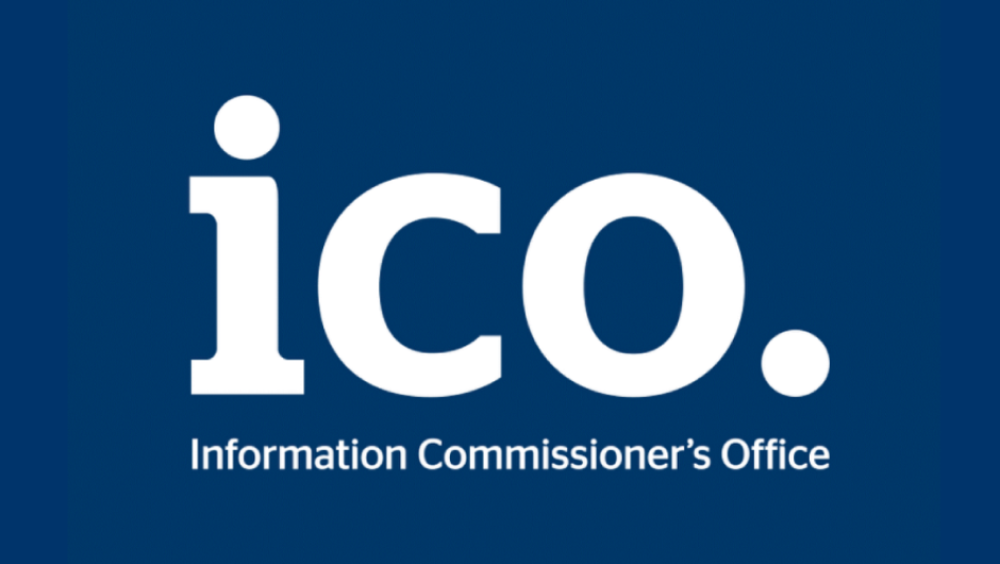ICO releases consultation on suggested code of practice to help protect children online
17 Apr 2019

Following DCMS’ release of the online harms whitepaper consultation and the suggestion that an online regulator should create a code of practice on to help protect children online, the ICO has released a consultation on a code that aims to do just this.
The recommendations feature educational proposals, development of easier methods of reporting potential harms, to the creation of more accessible privacy information.
The code standards are as follows:
- Best interests of the child: The best interests of the child should be a primary consideration when you design and develop online services likely to be accessed by a child.
- Age-appropriate application: Consider the age range of your audience and the needs of children of different ages. Apply the standards in this code to all users, unless you have robust age-verification mechanisms to distinguish adults from children.
- Transparency: The privacy information you provide to users, and other published terms, policies and community standards, must be concise, prominent and in clear language suited to the age of the child. Provide additional specific ‘bite-sized’ explanations about how you use personal data at the point that use is activated.
- Detrimental use of data: Do not use children’s personal data in ways that have been shown to be detrimental to their wellbeing, or that go against industry codes of practice, other regulatory provisions or Government advice.
- Policies and community standards: Uphold your own published terms, policies and community standards (including but not limited to privacy policies, age restriction, behaviour rules and content policies).
- Default settings: Settings must be ‘high privacy’ by default (unless you can demonstrate a compelling reason for a different default setting, taking account of the best interests of the child).
- Data minimisation: Collect and retain only the minimum amount of personal data you need to provide the elements of your service in which a child is actively and knowingly engaged. Give children separate choices over which elements they wish to activate.
- Data sharing: Do not disclose children’s data unless you can demonstrate a compelling reason to do so, taking account of the best interests of the child.
- Geolocation: Switch geolocation options off by default (unless you can demonstrate a compelling reason for geolocation, taking account of the best interests of the child), and provide an obvious sign for children when location tracking is active. Options which make a child’s location visible to others must default back to off at the end of each session.
- Parental controls: If you provide parental controls, give the child age-appropriate information about this. If your online service allows a parent or carer to monitor their child’s online activity or track their location, provide an obvious sign to the child when they are being monitored.
- Profiling: Switch options which use profiling off by default (unless you can demonstrate a compelling reason for profiling, taking account of the best interests of the child). Only allow profiling if you have appropriate measures in place to protect the child from any harmful effects (in particular, being fed content that is detrimental to their health or wellbeing).
- Nudge techniques: Do not use nudge techniques to lead or encourage children to provide unnecessary personal data, weaken or turn off their privacy protections, or extend their use.
- Connected toys and devices: If you provide a connected toy or device ensure you include effective tools to enable compliance with this code.
- Online tools: Provide prominent and accessible tools to help children exercise their data protection rights and report concerns.
- Data protection impact assessments: Undertake a DPIA specifically to assess and mitigate risks to children who are likely to access your service, taking into account differing ages, capacities and development needs. Ensure that your DPIA builds in compliance with this code.
- Governance and accountability: Ensure you have policies and procedures in place which demonstrate how you comply with data protection obligations, including data protection training for all staff involved in the design and development of online services likely to be accessed by children. Ensure that your policies, procedures and terms of service demonstrate compliance with the provisions of this code
The code applies to “information society services likely to be accessed by children” in the UK, so includes (but is not limited to) connected toys, apps, devices, social media platforms, streaming services etc. If a company does not comply with the code, the ICO has the power to issue fines of up to €20 million or 4% of annual worldwide turnover, whichever is higher.
Elizabeth Denham, Information Commissioner, said:
“This is the connected generation. The internet and all its wonders are hardwired into their everyday lives. We shouldn’t have to prevent our children from being able to use it, but we must demand that they are protected when they do. This code does that.”
The deadline to respond to this consultation is 31 May 2019. To contribute to the DMA’s response, please email michael.sturrock@dma.org.uk by 24 May 2019. Access the consultation here.
Please login to comment.
Comments